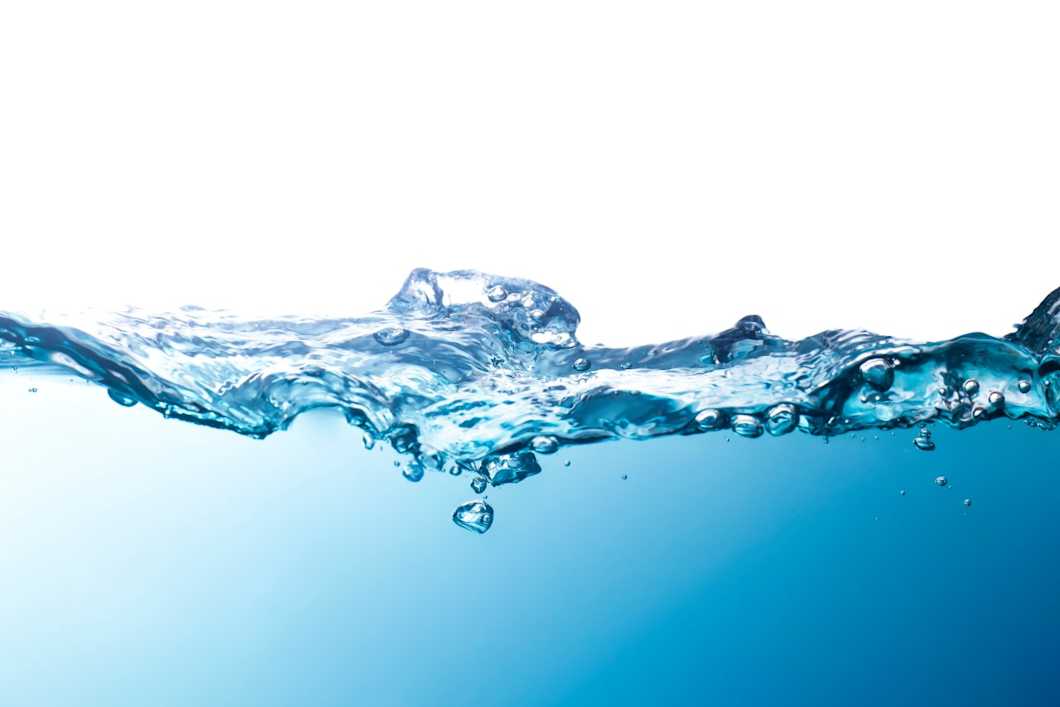Karl Fischer titration
Karl Fischer titration is an automatic titration method that can quickly and accurately determine the water content of a sample. It is used to monitor water concentrations across a variety of industries, gaining popularity due to its high throughput and ability to achieve consistently accurate results.

Read more about the analysis options
Karl-Fischer titration of solvent samples
Purity assay of solvent samples (GC-FID and Karl Fischer)
Prices excluding VAT.
- Fast turnaround times
- Personal service from method experts
- Competitive prices
- Result accuracy guarantee
What is Karl Fischer titration used for?
Karl Fischer (KF) titration finds use in any industry where maintaining a specific moisture level is essential. This includes the food and drink, petrochemical, and pharmaceutical industries. In addition to liquids and high-moisture solids, KF can be used to test dry construction materials, such as cement and crushed rock, for trace amounts of water.
Other common uses of Karl Fischer titration include testing organic solvents to ensure they remain water-free for synthesis purposes and monitoring the progression of polymerization reactions, where water content is indicative of progression.
How does the Karl Fischer titration method work?
Karl Fischer titration is performed using an auto-titrator. The underlying principle involves reacting a titration solution of sulfur dioxide and elemental iodine with water to produce sulfuric acid and hydrogen iodide. By measuring the amount of iodine that is consumed in this reaction, it is possible to calculate the amount of water that was originally in the sample.
Volumetric vs. coulometric KF titration
The calculation can be done in two ways. Volumetric KF analysis involves slowly adding the titration solution to the sample while a set of electrodes measures the current that can flow through the solution. Once all of the water has reacted, there will be a significant voltage drop as the iodine becomes "in excess". Volumetric Karl Fischer titration is ideal for measuring water content in relatively high concentrations.
Alternatively, coulometric KF analysis can be performed. Here the titration solution is premixed in the chamber, already containing all of the components, including iodine in the form of potassium iodide. This is slowly converted into iodine by applying a small electric current, allowing titration to occur. Coulometric Karl Fischer titration can be used to measure very low water concentrations more accurately than is possible with volumetric analysis.
Sample requirements and preparation
Suitable liquid and solvent samples can be tested as is, through injection into the KF titration chamber. Many solid samples can be dissolved in a suitable solvent of known water content, allowing them to be tested in the same way. Even some insoluble solid samples are suitable for Karl Fischer titration if they are sufficiently dispersed in a suitable solvent before being added to the titration chamber.
Advantages and limitations of Karl Fischer titration
Karl Fischer titration has a high throughput and can be used to test samples in quick succession. With some setups, KF can identify water in the parts per million range, providing information on even the smallest traces of water. Very little preparation is generally required, and KF analysis can be performed using only a few milliliters or grams of sample material.
Certain sample types will react with the chemicals in the titration solution in ways that make them unsuitable for Karl Fischer titration. Furthermore, the apparatus can experience drift, where it will require a longer period between samples to achieve a baseline before further testing. When the drift becomes too large, the device will have to be cleaned and fully dried before further use.
Tell us about your analysis needs
Measurlabs offers high-quality Karl Fischer titration services using both volumetric and coulometric methods. From tens to hundreds of samples, we ensure your analyses are handled on time, with the highest quality. Contact our experts through the form below to discuss your testing needs, and we will get back to you within one business day.
Suitable sample matrices
- Organic solvents
- Food
- Oils
- Building materials
- Pharmaceuticals
Ideal applications of Karl Fischer titration
- Measuring the purity of solvents
- Monitoring the progress of chain reactions
- Quality control of consumer products
- Determination of water content in food and ingredients
- Water content control in petrochemical products
Ask for an offer
Fill in the form, and we'll reply in one business day.
Have questions or need help? Email us at info@measurlabs.com or call our sales team.
Frequently asked questions
Karl Fischer titration is used for accurate water content determination. Coulometric KF titration can quantify trace amounts of water in oil and organic solvent samples. With volumetric KF, it is possible to determine larger water concentrations, for example in food products.
Karl Fischer titration is most straightforward with liquid samples, as they can be analyzed with little to no preparation. Solid materials are generally dissolved in a solvent before analysis.
Measurlabs offers a variety of laboratory analyses for product developers and quality managers. We perform some of the analyses in our own lab, but mostly we outsource them to carefully selected partner laboratories. This way we can send each sample to the lab that is best suited for the purpose, and offer high-quality analyses with more than a thousand different methods to our clients.
When you contact us through our contact form or by email, one of our specialists will take ownership of your case and answer your query. You get an offer with all the necessary details about the analysis, and can send your samples to the indicated address. We will then take care of sending your samples to the correct laboratories and write a clear report on the results for you.
Samples are usually delivered to our laboratory via courier. Contact us for further details before sending samples.
